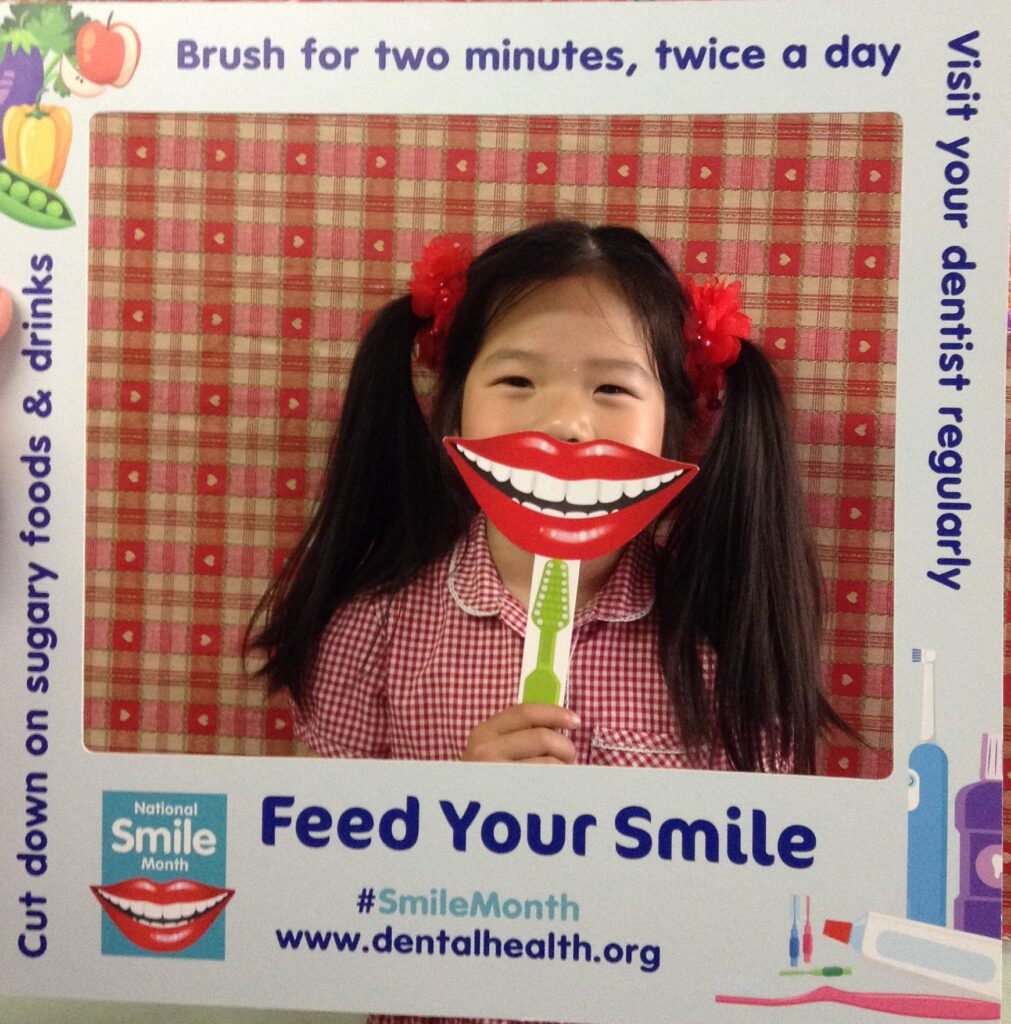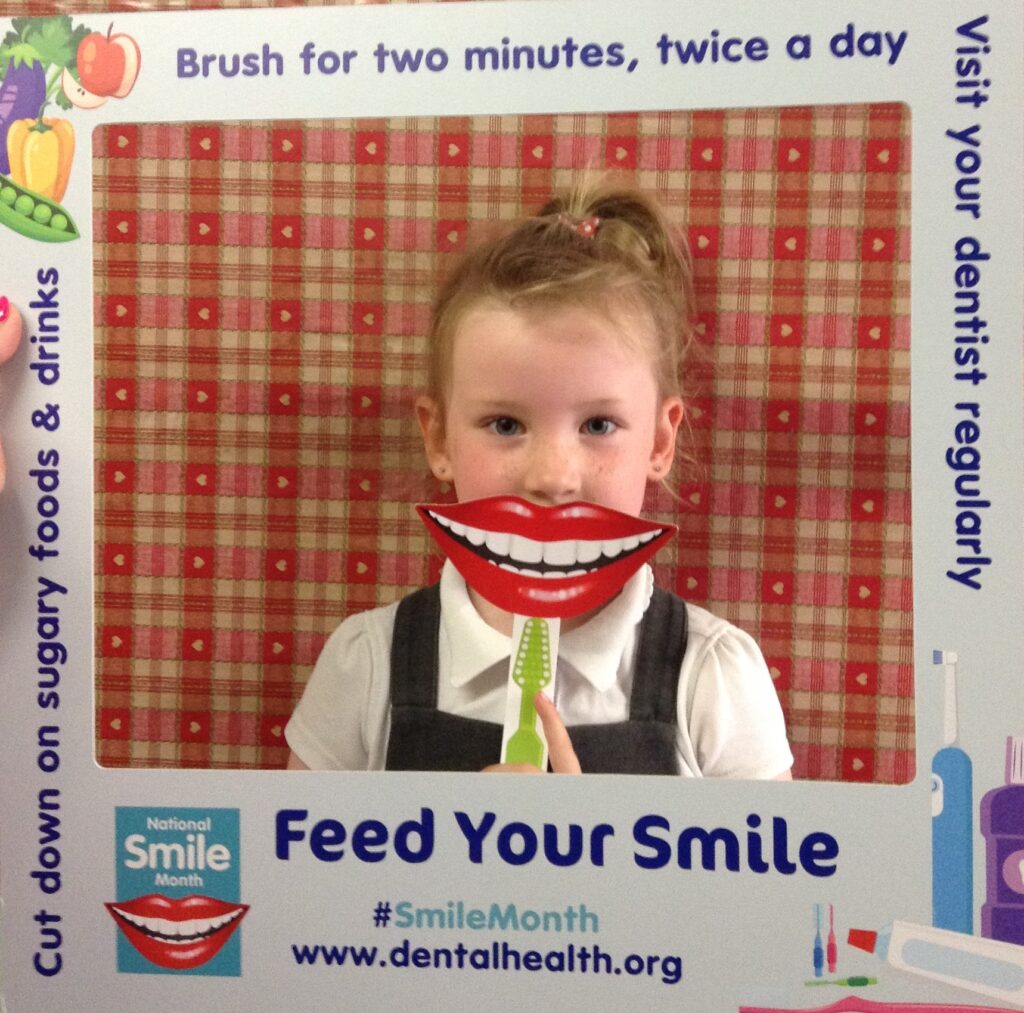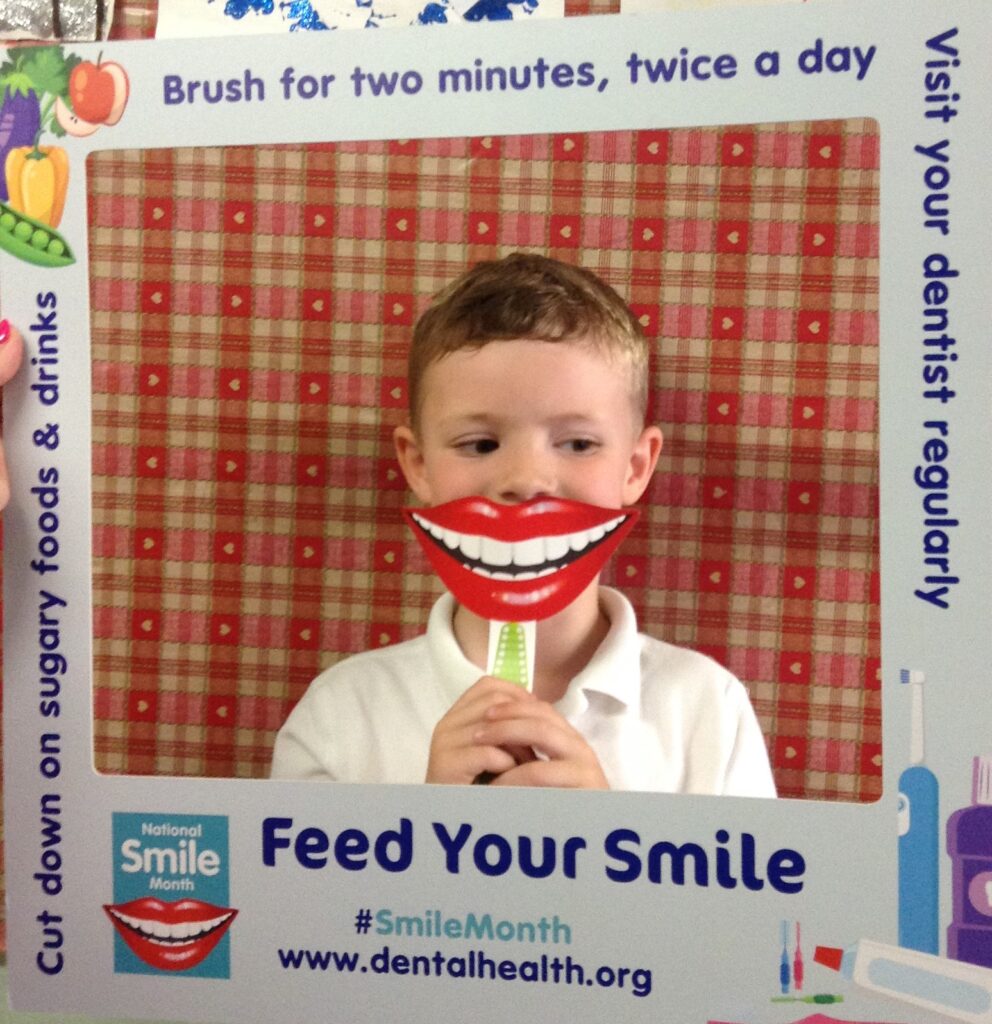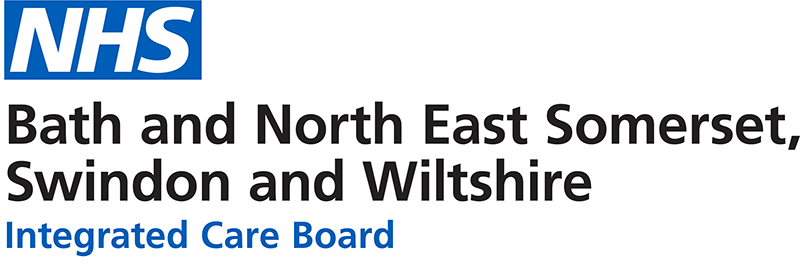Local NHS highlights importance of good oral health for National Smile Month

Communities across Bath and North East Somerset, Swindon and Wiltshire are being reminded of just how important it is to stay on top of their oral hygiene.
The call for people to maintain a healthy mouth through the adoption of healthy habits and a positive brushing routine coincides with National Smile Month, which runs between Monday 12 May and Thursday 12 June.
For four weeks, adults and children alike will be encouraged to feed their smile, and think about how food and drink can play a part in the development of serious oral health issues, such as tooth decay, bad breath, diabetes and even heart disease.
Foods which are high in sugar and acid, such as fruit juices and fizzy drinks, can accelerate tooth decay by weakening enamel, while sticky and chewy foods, including sweets and some dairy products, make teeth cleaning more difficult, meaning mouths can become a breeding ground for harmful bacteria.
Jonathan Bower-Davies, Chief Dentist, Bath and North East Somerset, Swindon and Wiltshire Integrated Care Board, said: “A person’s diet is just as important for their smile as it is to their wider wellbeing.
“Healthy diet choices, such as choosing snacks that are low in sugar, drinking plenty of water and avoiding ultra-processed foods, alongside consistent brushing and flossing can help to keep teeth white and smiles radiant.
“This advice is especially pertinent for children whose teeth and gums are still developing, which is why the local NHS is supporting parents and schools to introduce and implement effective oral hygiene routines as early as possible.”
Helping young people, especially those from more deprived backgrounds, to look after their teeth is a key priority for the NHS in Bath and North East Somerset, Swindon and Wiltshire, as local data suggests that disadvantaged children are around twice as likely to have a decay-related tooth extraction than their peers in more affluent areas.
In recent weeks, the ICB has helped to bring the Big Brush Club to schools across the region as part of work to tackle poor oral health in local children.
The initiative, which is also supported by the region’s local councils and delivered in schools by At Home Dental, involves young people taking part in supervised brushing sessions for two minutes every day.
By making tooth-brushing part of the school routine, it is hoped that children who may have otherwise overlooked taking care of their teeth and gums will be more inclined to develop the kind of positive habits that supports good oral health.
The final week of National Smile Month will culminate with schools across the region taking part in a coordinated brush-a-thon, with thousands of young people all picking up their toothbrushes and fluoride toothpaste for two minutes of synchronised brushing.
Hints and tips on how to keep a healthy mouth, along with photos of local schools taking part in the brush-a-thon, will be shared by the ICB across its social media pages throughout National Smile Month.
Further information on oral hygiene can be found on the national NHS website at www.nhs.uk/live-well/healthy-teeth-and-gums.

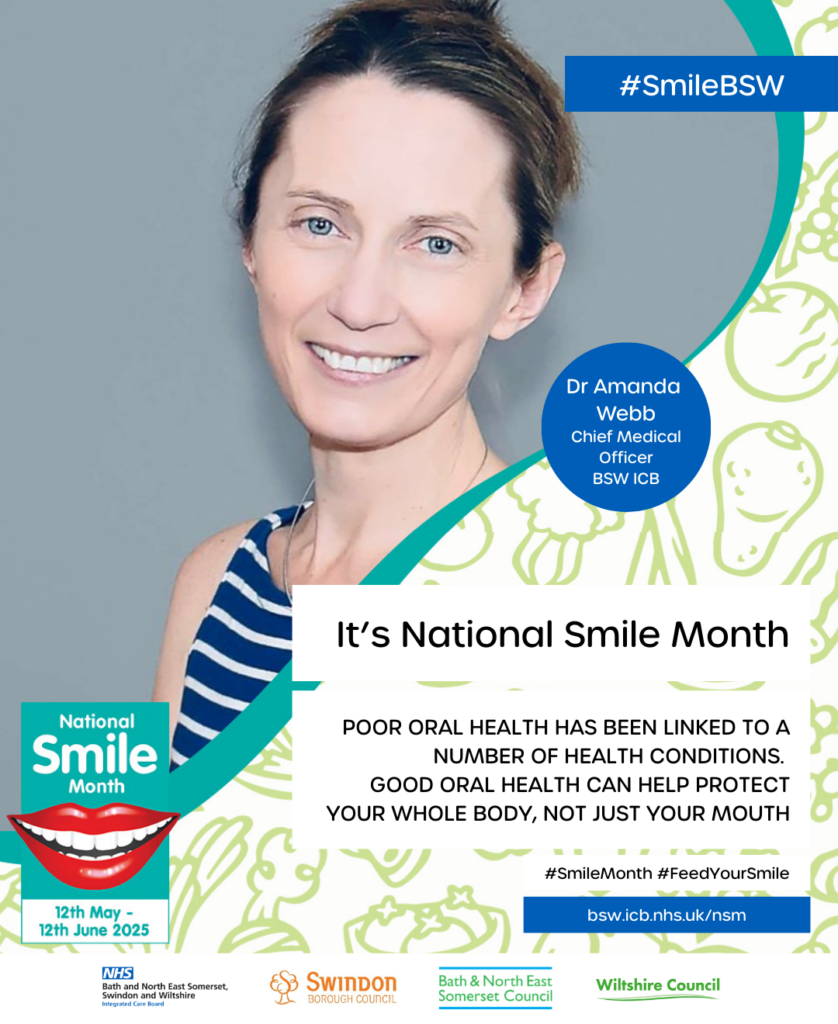
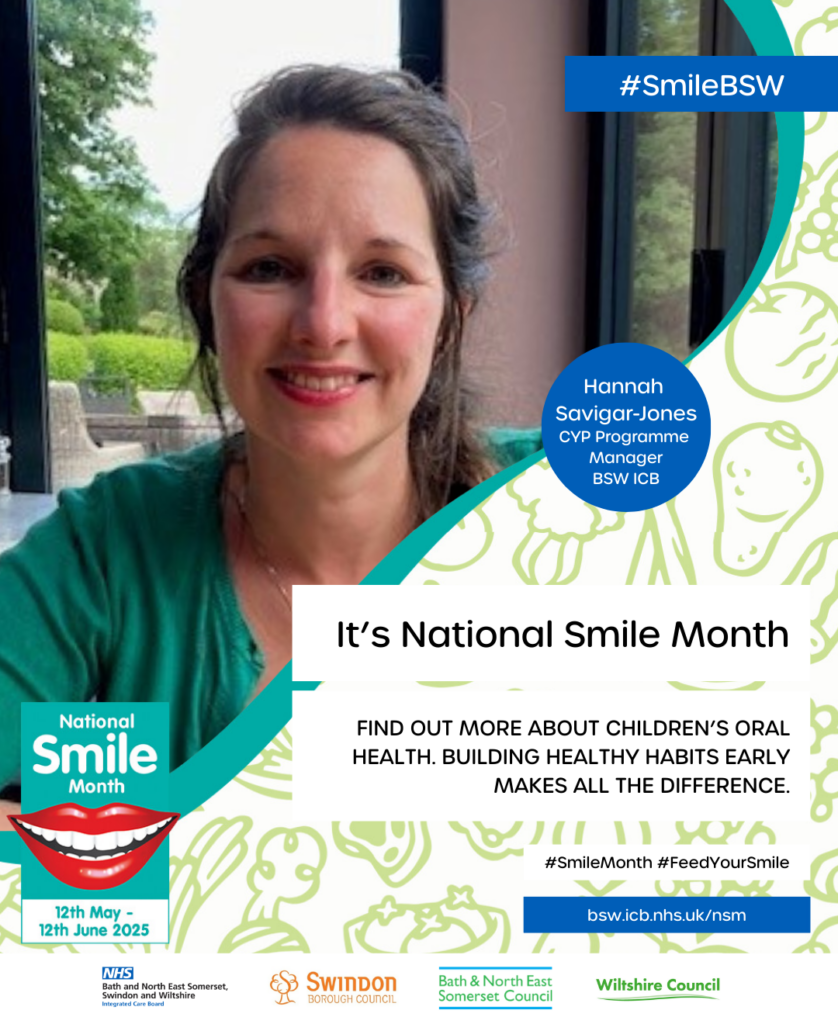
DID YOU KNOW?
Poor oral health has been linked to heart disease, diabetes, lung conditions and even premature birth.
Bacteria in the mouth (known as biofilm) can build up if not removed and enter the bloodstream. This can cause inflammation elsewhere in the body and make other conditions worse, including Alzheimer’s, stroke and heart problems.
The good news is this is preventable. Brushing your teeth twice a day, cleaning between your teeth and visiting the dentist regularly can help protect your whole body, not just your mouth.
This National Smile Month, we’re encouraging everyone to make oral health part of their daily routine, because a healthy mouth supports a healthy you.
CHILDREN’S ORAL HEALTH
Tooth decay is still one of the biggest reasons young children are admitted to hospital.
It causes pain, missed school days and often needs treatment under general anaesthetic, but it’s mostly preventable.
We’re supporting National Smile Month by putting early years first, because building habits early makes all the difference.
Try brushing songs, sticker charts or letting children brush their toy’s teeth to make it part of the routine.
BRUSH-A-THON
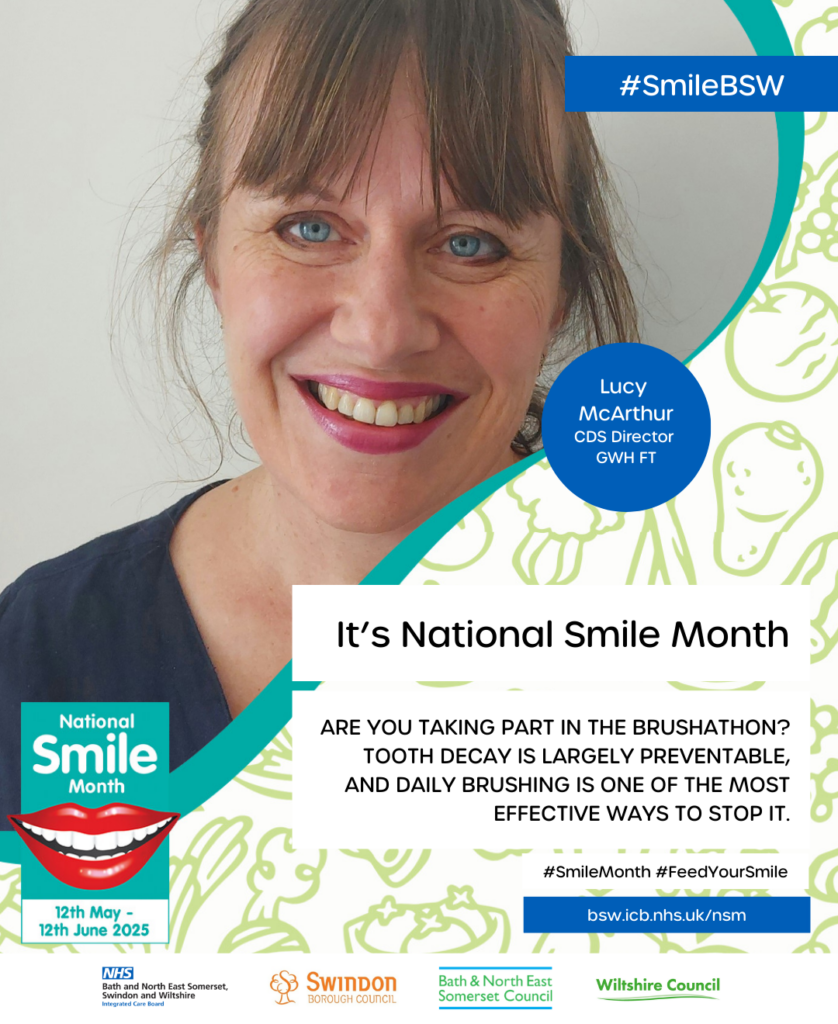
Tooth decay is largely preventable, and daily brushing is one of the most effective ways to stop it.
Take part in National Smile Week’s #Brushathon and share toothbrushing tips and celebrate how small daily habits can make a big difference.
Top Tip! Brush twice a day for two minutes, use a fluoride toothpaste, and spit and don’t rinse after brushing.
WEBINARS

At Home Dental webinar for parents
Tuesday 3 June
6.00pm
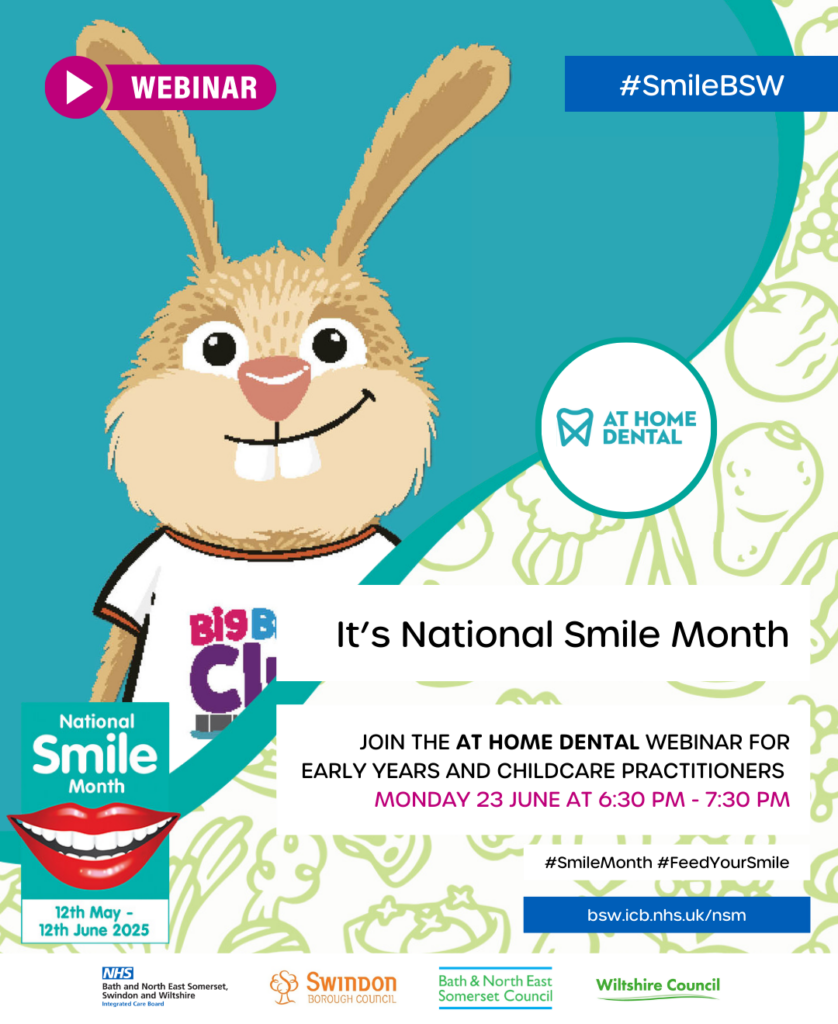
At Home Dental webinar for childcare practitioners
Monday 23 June
6.30pm
